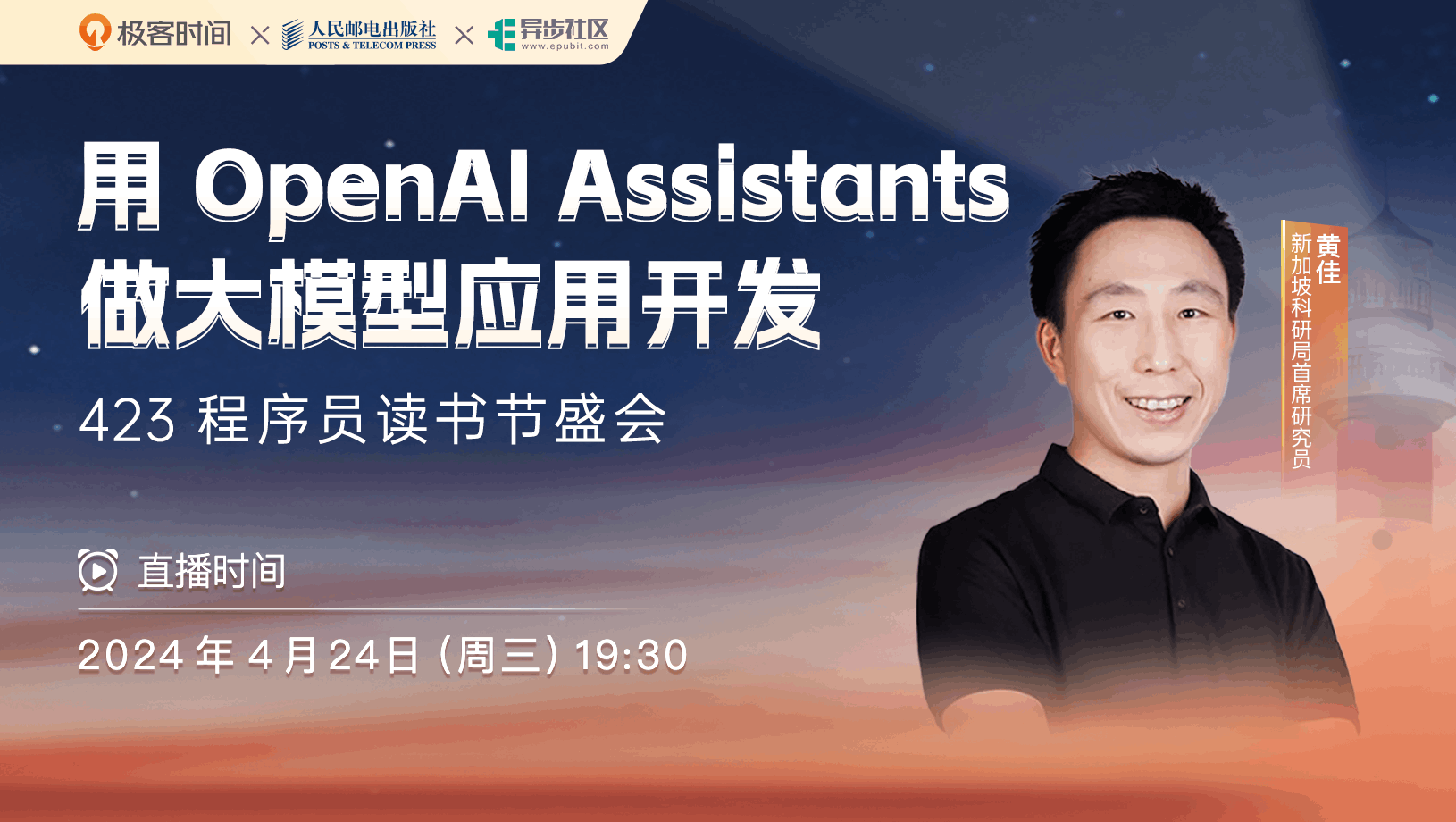Python3 通过轮询方式使用腾讯云语音识别接口实现录音文件转写
腾讯云最先是只支持使用回调的方式获取录音识别的结果的,当时我也针对回调的方式写过一篇博客https://blog.csdn.net/TomorrowAndTuture/article/details/100100430。但 9月5号左右有一次更新,腾讯针对录音文件的识别变成可支持轮询的方式获取识别结果,详细修改情况请查看腾讯云GitHub的Python源码,https://github.com/t
腾讯云最先是只支持使用回调的方式获取录音识别的结果的,当时我也针对回调的方式写过一篇博客https://blog.csdn.net/TomorrowAndTuture/article/details/100100430。但 9月5号左右有一次更新,腾讯针对录音文件的识别变成可支持轮询的方式获取识别结果,详细修改情况请查看腾讯云GitHub的Python源码,https://github.com/tencentcloud/tencentcloud-sdk-python:

原来的回调方式获取结果需要自己搭建一个服务,专门接收腾讯识别结果的POST请求,但是,如果用户没有官网可访问的IP或者域名的话,搭建好接收腾讯回调POST请求的地址并不算简单。现在支持通过TaskId获取识别结果的话,自然是再好不过的了,而且只要在一定期限之内,通过TaskId还可以重复获取识别结果。
首先,安装 tencentcloud-sdk-python 的包,你可以通过pip或者其他方式进行安装:

然后的话,我也不绕弯子了,直接上代码,先是根据需要上传录音文件url和相应的参数:
"""
@file: recognition_request.py
@author: Looking
@email: 2392863668@qq.com
"""
from tencentcloud.common import credential
from tencentcloud.common.profile.client_profile import ClientProfile
from tencentcloud.common.profile.http_profile import HttpProfile
from tencentcloud.common.exception.tencent_cloud_sdk_exception import TencentCloudSDKException
from tencentcloud.asr.v20190614 import asr_client, models
try:
cred = credential.Credential("your SECRETID", "your SECRET_KEY")
httpProfile = HttpProfile()
httpProfile.endpoint = "asr.tencentcloudapi.com"
clientProfile = ClientProfile()
clientProfile.httpProfile = httpProfile
client = asr_client.AsrClient(cred, "ap-guangzhou", clientProfile)
req = models.CreateRecTaskRequest()
# 下面这个参数你自己根据需要进行设置
params = '{"EngineModelType":"8k_6","ChannelNum":1,"ResTextFormat":0,"SourceType":0,"Url":"http://audio.c.---.wav"}'
req.from_json_string(params)
resp = client.CreateRecTask(req)
print(resp.to_json_string())
except TencentCloudSDKException as err:
print(err)
然后运行可以得到类似如下的结果:
"D:\Program Files\Python36\python3.exe" D:/MyProject/Python/Voice_SDK/python_record_asr_sdk/src/request_recognition.py
{"Data": {"TaskId": 537731632}, "RequestId": "4d83b186-98fc-4d51-ba09-da65fe7b891e"}
Process finished with exit code 0这样的话,你就可以获取这通录音识别的 TaskId 了,接着通过 TaskId 获取录音识别结果,我这儿添加了部分对录音识别结果进行解析的代码:
"""
@file: recognition_result.py
@author: Looking
@email: 2392863668@qq.com
"""
from tencentcloud.common import credential
from tencentcloud.common.profile.client_profile import ClientProfile
from tencentcloud.common.profile.http_profile import HttpProfile
from tencentcloud.common.exception.tencent_cloud_sdk_exception import TencentCloudSDKException
from tencentcloud.asr.v20190614 import asr_client, models
try:
cred = credential.Credential("your SECRETID", "your SECRET_KEY")
httpProfile = HttpProfile()
httpProfile.endpoint = "asr.tencentcloudapi.com"
clientProfile = ClientProfile()
clientProfile.httpProfile = httpProfile
client = asr_client.AsrClient(cred, "ap-guangzhou", clientProfile)
req = models.DescribeTaskStatusRequest()
params = '{"TaskId":537731632}'
req.from_json_string(params)
resp = client.DescribeTaskStatus(req)
# print(resp.to_json_string())
recognition_text = resp.to_json_string()
# print(eval(recognition_text)['Data'])
recognition_text = eval(recognition_text)['Data']['Result']
doc = open('result.txt', 'w', encoding='utf-8')
sentence_list = recognition_text.split('\n')[0:-1] # 列表最后一个元素是空字符串
for sentence in sentence_list:
content = sentence.split(' ')[1] # 获取单句通话内容
begin_time = sentence.split(' ')[0].split(',')[0][1:] # 获取每句话的开始时间
begin_time = str(int(begin_time.split(":")[0]) * 60000 + int(begin_time.split(":")[1].replace(".", "")))
end_time = sentence.split(' ')[0].split(',')[1] # 获取每句话的结束时间
end_time = str(int(end_time.split(":")[0]) * 60000 + int(end_time.split(":")[1].replace(".", "")))
speaker = sentence.split(' ')[0].split(',')[-1][:-1] # 获取说话人
print(speaker + "\t" + content + '\t' + begin_time + '\t' + end_time)
print(speaker + "\t" + content + '\t' + begin_time + '\t' + end_time, file=doc)
doc.close()
except TencentCloudSDKException as err:
print(err)然后对返回的字符串结果进行解析,获取完整录音识别结果:

还有一点,识别结果返回是以string的形式返回的,记得用 eval 函数转换成 Python 中的字典再进行解析。(还是用json.loads() 吧,返回语句 return resp.to_json_string() 返回的反正是json串,用 eval 可能会有 bug。)
更多推荐
 已为社区贡献2条内容
已为社区贡献2条内容








所有评论(0)